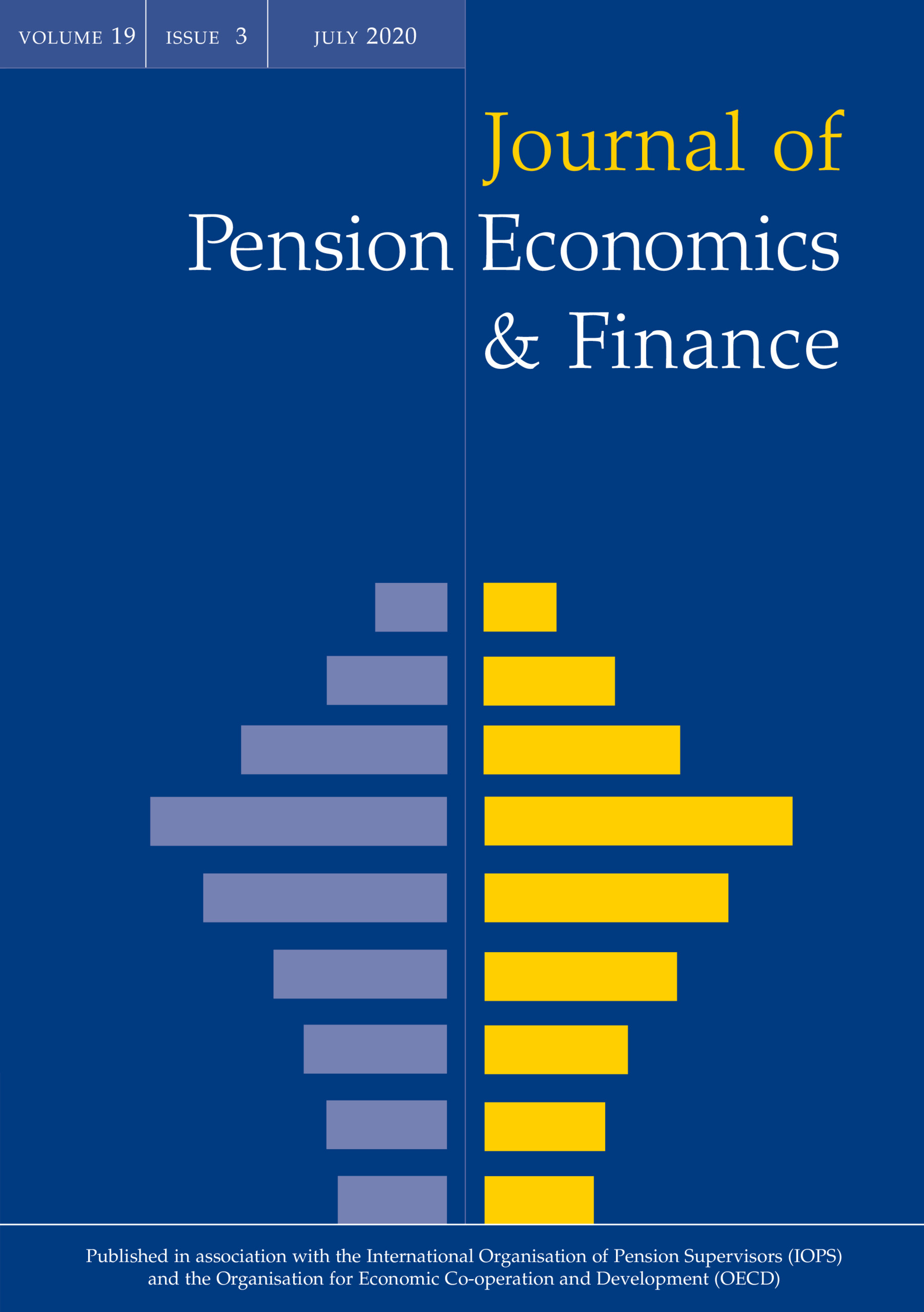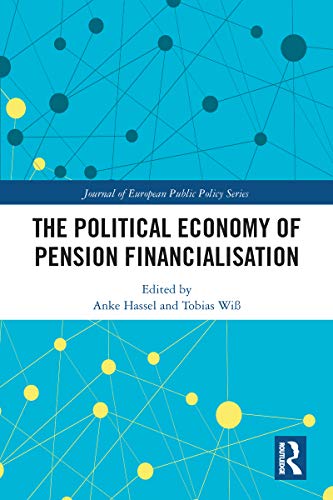Emerging economies and COVID-19 Closing in a world of informal and small companies
By Laura Alfaro, Oscar Becerra, Marcela Eslava Emerging economies are characterized by an extremely high prevalence of informality, smallfirm employment and jobs not fit for working from home. These features factor into how the COVID-19 crisis has affected the economy. We develop a framework that, based on accounting identities and actual data, quantifies potential job and income losses during the crisis and recovery for economies with different economic organization structures. Our analysis incorporates differential exposure of jobs across categories...









